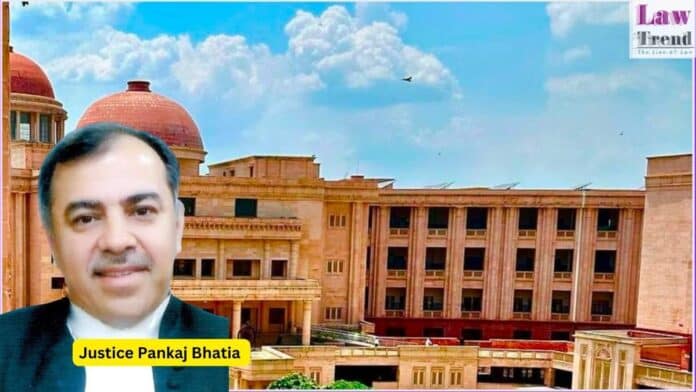The Allahabad High Court has upheld the Uttar Pradesh Government’s decision to implement a school pairing policy for government primary and upper primary schools, rejecting petitions challenging the Government Orders dated 16.06.2025 and 24.06.2025. The orders relate to the pairing and consolidation of 105 government schools under the administrative supervision of the Basic Shiksha Adhikari




